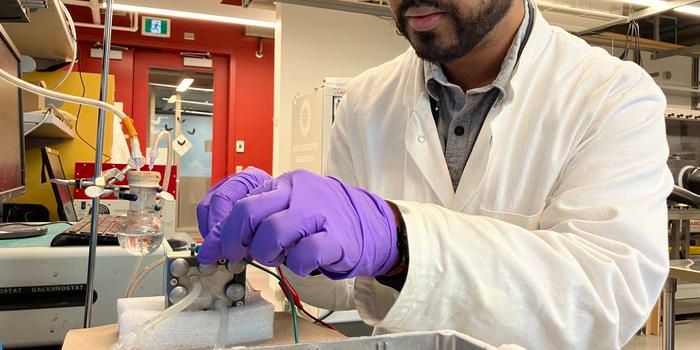Brain Imaging May Predict Pediatric Response to Anxiety Medication: Study
According to the Centers for Disease Control (CDC), an estimated 4.4 million children ages 3 to 17 have been diagnosed with some kind of anxiety disorder in the U.S alone. Rates of diagnosed anxiety also rise as children get older, highlighting a serious problem.
Recognizing the challenges of treating pediatric anxiety, researchers at the University of Cincinnati have found a possible way to predict the treatment effectiveness of anxiety medication for patients after only 2 weeks. If reliable, this would allow a doctor to make more effective decisions about the best way to treat a patient.
In the study, published in the Journal of the American Academy of Child and Adolescent Psychiatry, researchers investigated responses in pediatric patients to a medication called escitalopram versus placebo over 8 weeks. Escitalopram is an FDA-approved drug for adolescents with depression and adults with depression and forms of anxiety. The medication affects the connection between the part of the brain causing anxiety and the part of the brain known to help reduce fear responses.
Specifically, escitalopram is a selective serotonin reuptake inhibitor (SSRI), one of the most commonly prescribed classes of antidepressants.
Normally, it could take up to 8 weeks for a physician to confirm whether or not a medication is working for a patient or if a change is needed. However, researchers employed specific MRI imaging techniques to understand how escitalopram is affecting the brain’s structure after just 2 weeks of treatment, providing early information about its potential long-term efficacy. According to the study, MRI imaging was about 80% effective as a tool for predicting treatment efficacy during the 8-week study.
"With the brain imaging in this study, doctors could determine -- after just two weeks -- if they [patients] would need an alternative treatment. Knowing this early in treatment could greatly improve outcomes for patients," said Jeffrey Strawn, MD, associate professor and anxiety expert in the Department of Psychiatry and Behavioral Neuroscience at the University of Cincinnati.
Source: Science Daily








